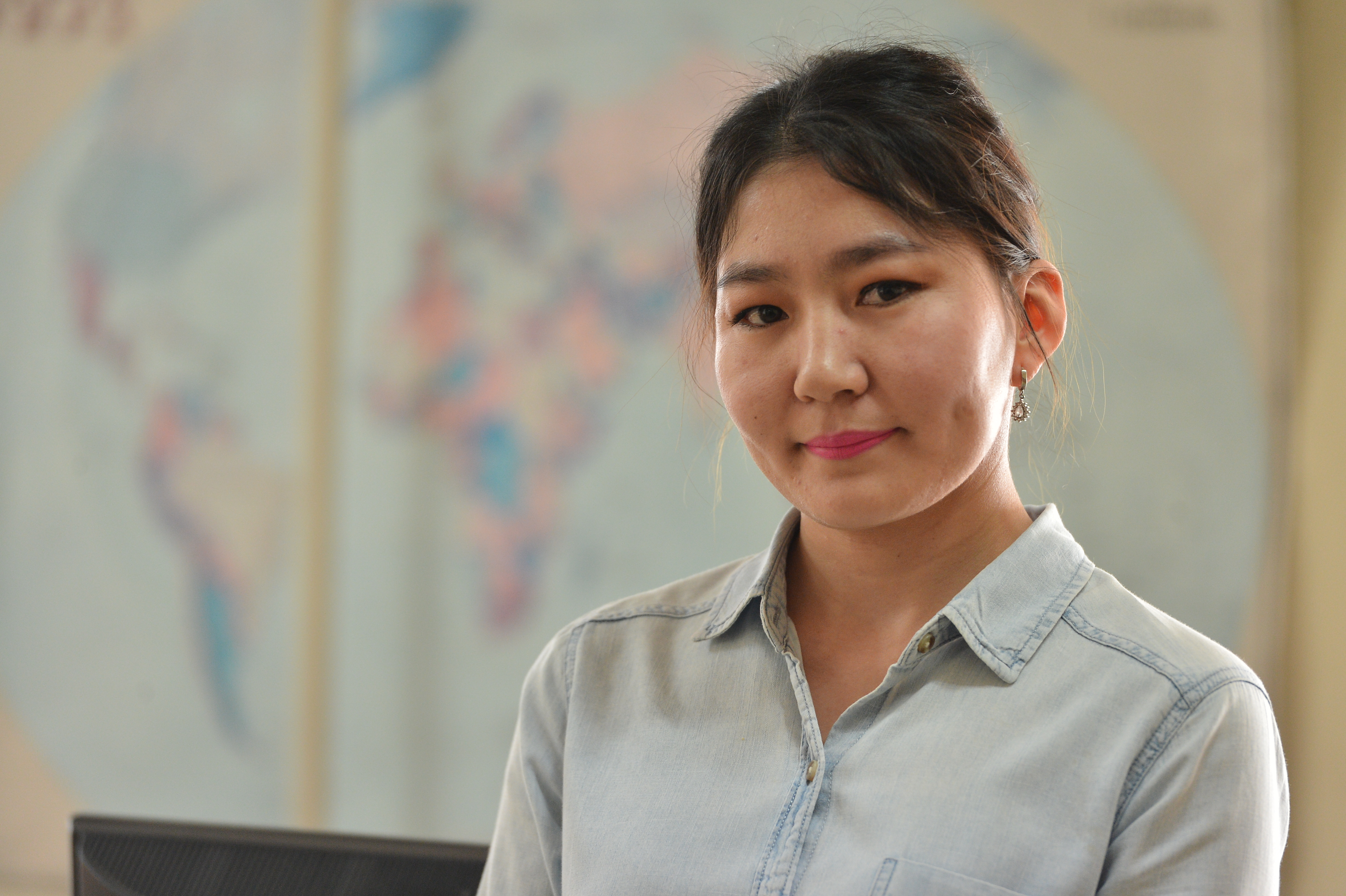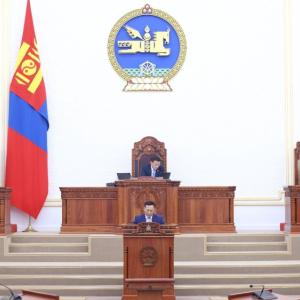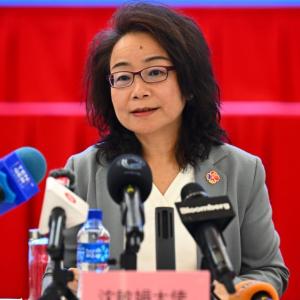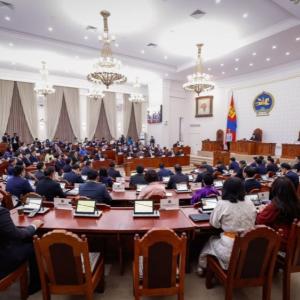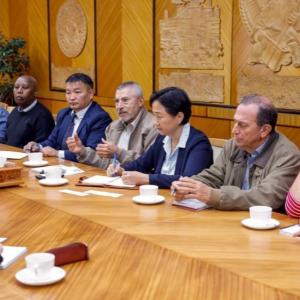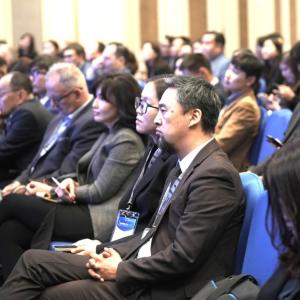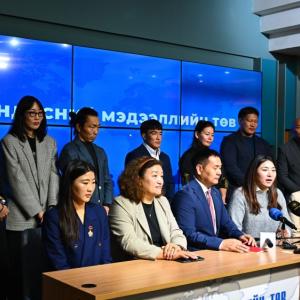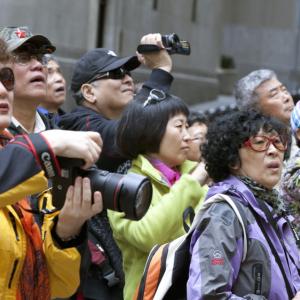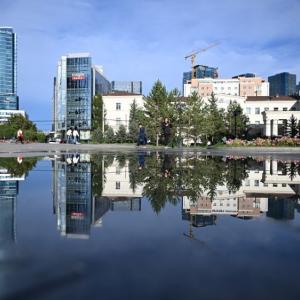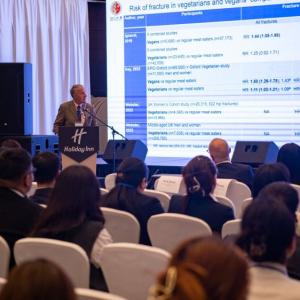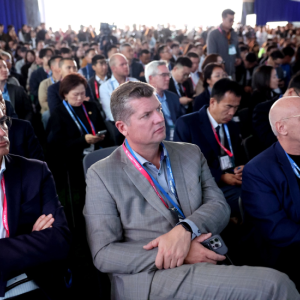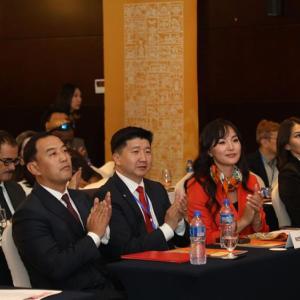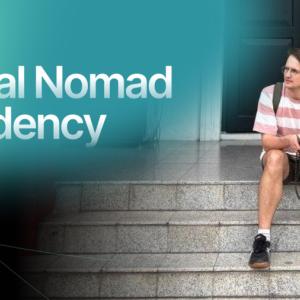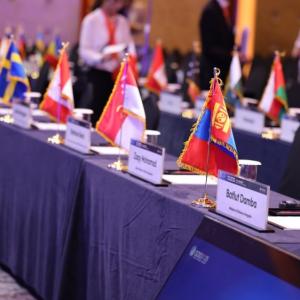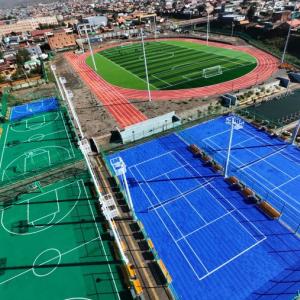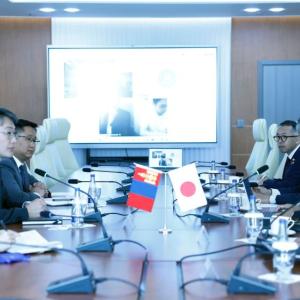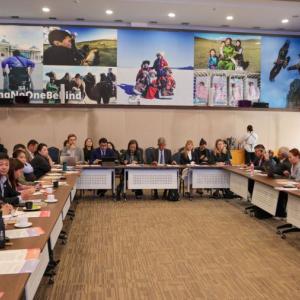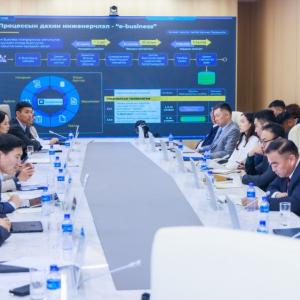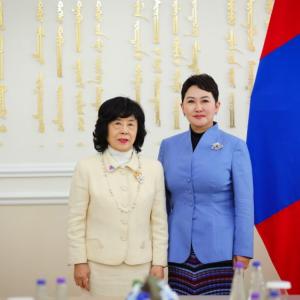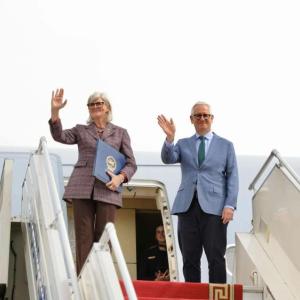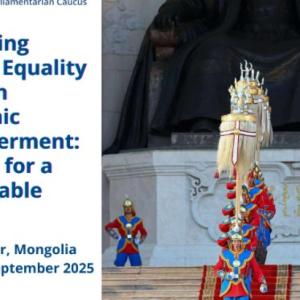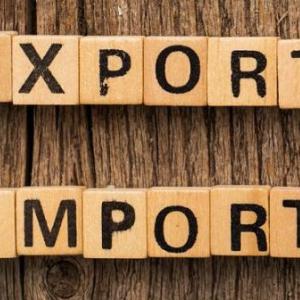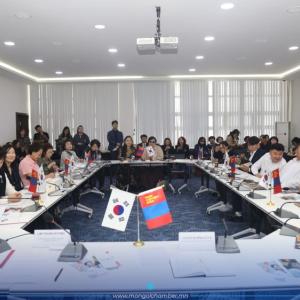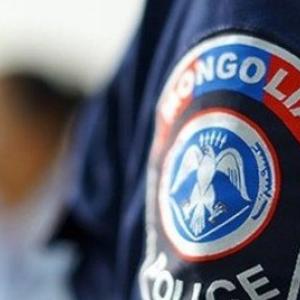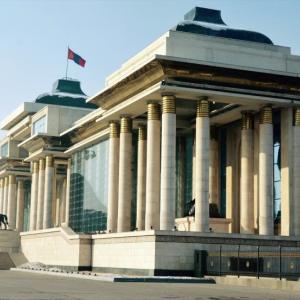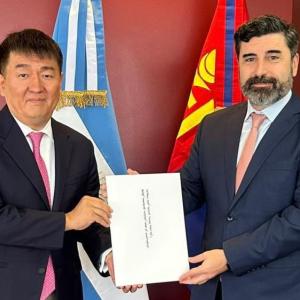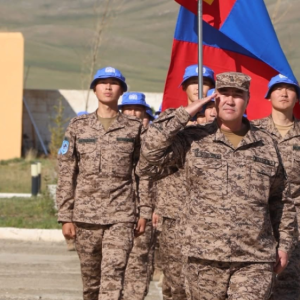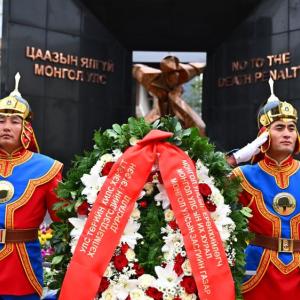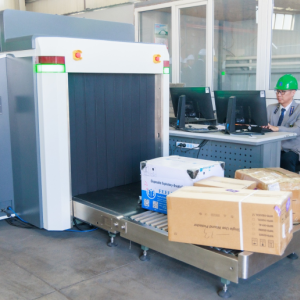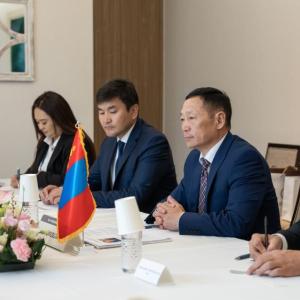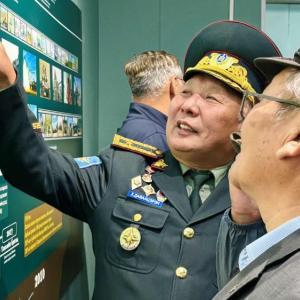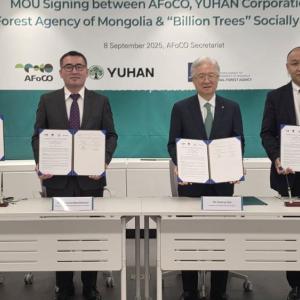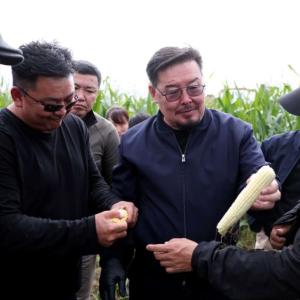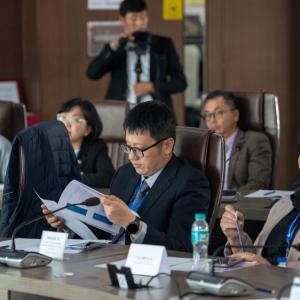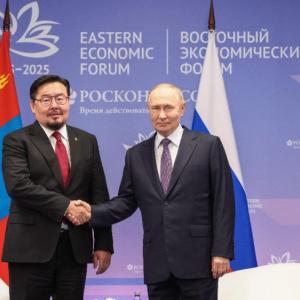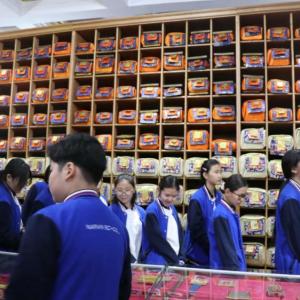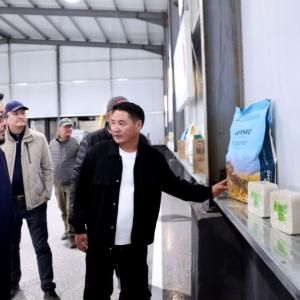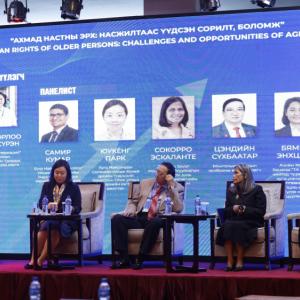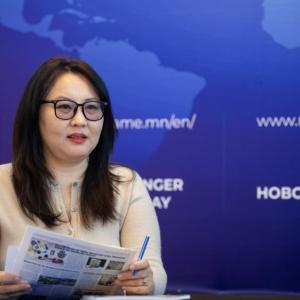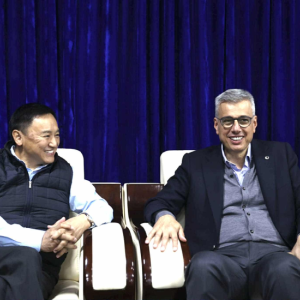Mongolia’s effort for fulfillment of Sendai Framework for Disaster Risk Reduction praised
Society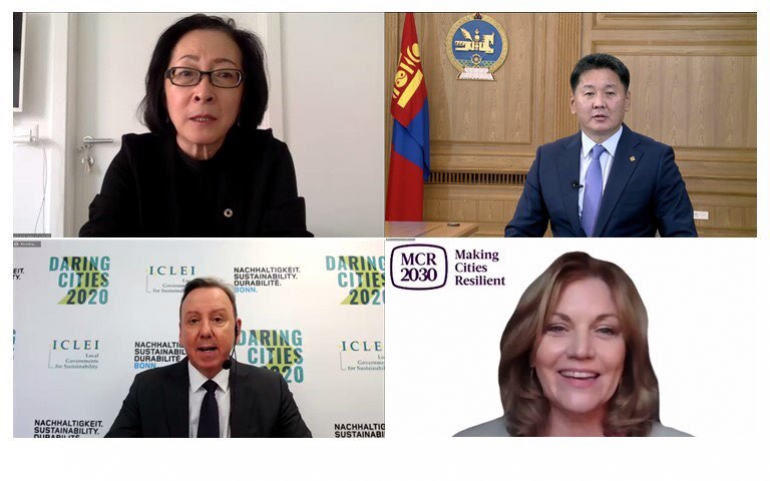
Ulaanbaatar /MONTSAME/ A global virtual forum themed “Promoting Local Leadership for Disaster Resilience” was organized by the United Nations Office for Disaster Risk Reduction (UNDRR) on October 28. Prime Minister of Mongolia U.Khurelsukh has been invited to the forum as a keynote speaker.
Launch of “Making Cities Resilient 2030” program has taken place at the forum that was attended by over 1100 participants from 117 countries.
In his remarks addressed to the forum, PM U.Khurelsukh highlighted that all cities of Mongolia have local disaster risk reduction strategy, and the country has fully fulfilled the goal of Sendai Framework for Disaster Risk Reduction as the UN member state. Expressing his hope that other cities would join the program, expanding their policy and operational scope and giving largest impetus to add the number of countries that accomplished all goals of Sendai Framework for Disaster Risk Reduction by 2030, PM U.Khurelsukh called on joining the program and making efforts together.
While, Special Representative of the Secretary-General for Disaster Risk Reduction, Ms. Mizutori Mami said “Mongolia’s efforts for strengthening coherence between national and local administrations, increasing awareness of all local authorities on having disaster risk reduction strategy by the end of 2020 as well as developing national program on making settled areas resilient are great example of world's best practices. “Making Cities Resilient” campaign will wrap up at the end of this year and it will continue with a new program “Making Cities Resilient 2030 (MCR) 2030.”
MCR2030 will be a global partnership of actors with expertise in urban resilience, DRR, climate change and the SDGs. It will provide a resilience roadmap for cities with defined commitments over time on how to improve local resilience. MCR2030 will provide a suite of tools and knowledge guidance, from existing pool with partners that cities can use to better reduce risk and build resilience. It will promote regional networks of partners with strong links and implementation experience so that cities are connected into a movement that can support implementation of resilience measures.

 Ulaanbaatar
Ulaanbaatar
